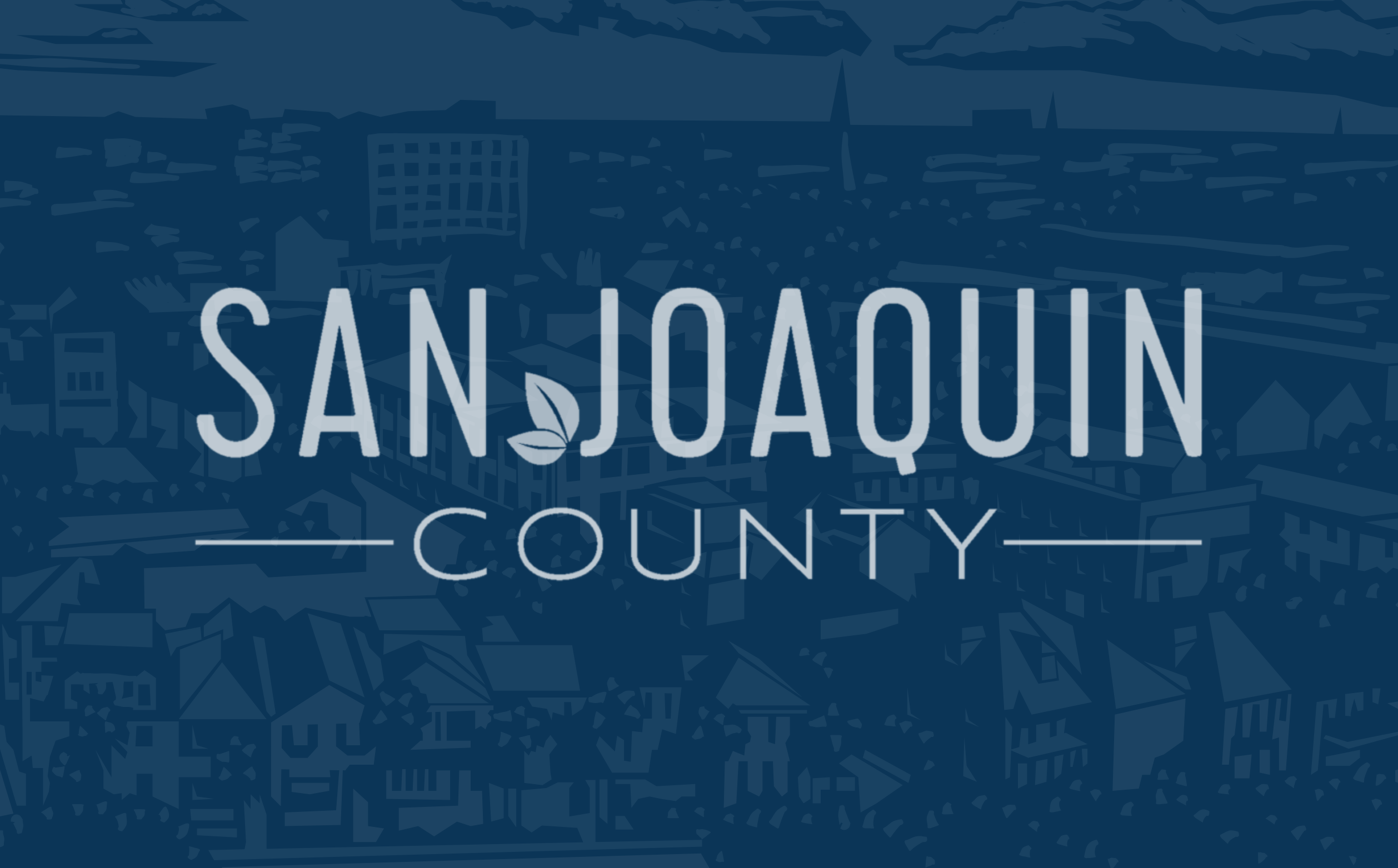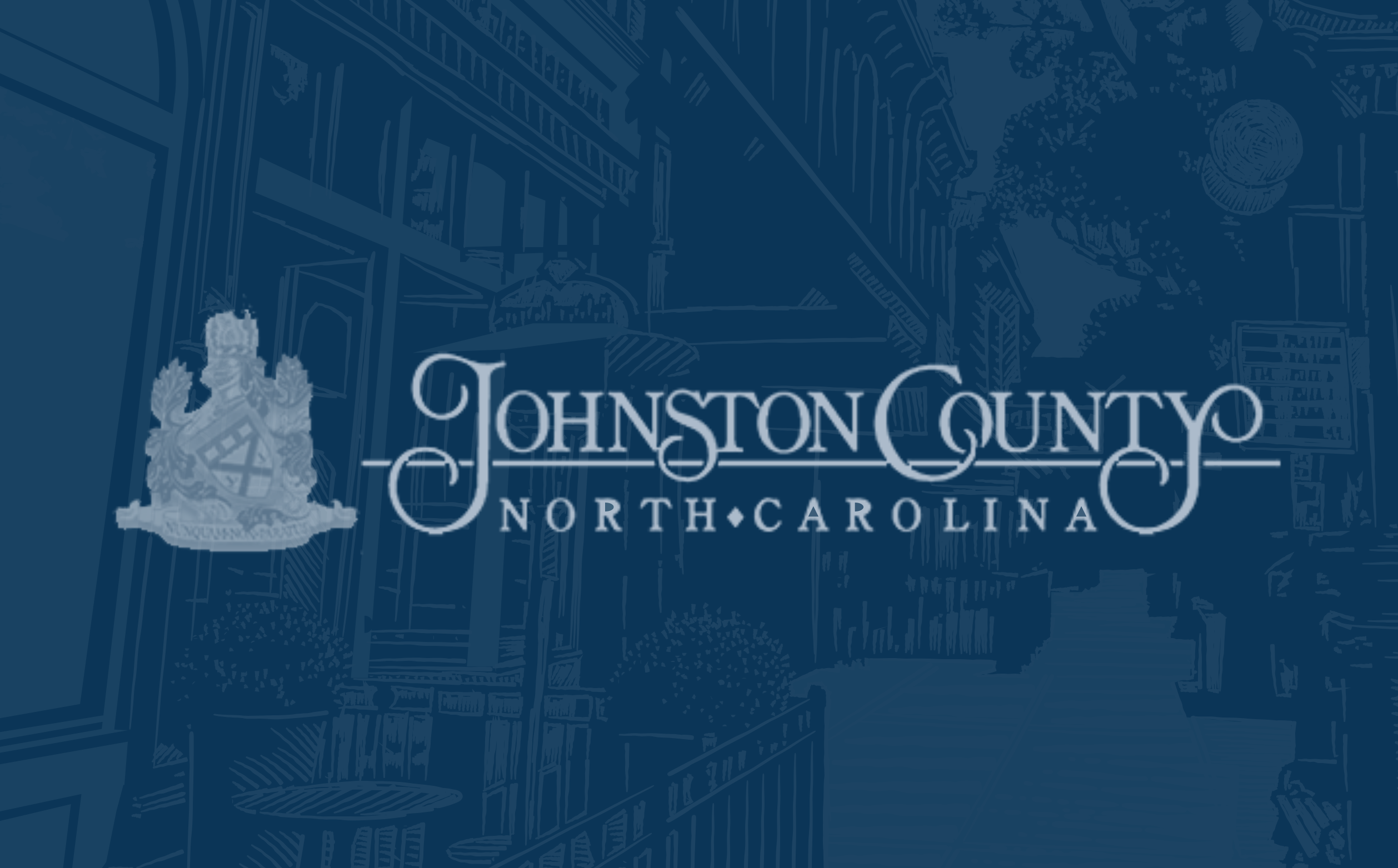[Video] Discover how Milwaukee is rethinking new issue structuring with DebtBook’s Sizing tool—designed to help treasury teams analyze, compare, and optimize financing options with greater efficiency.
San Joaquin County, CA, like many government organizations, faced challenges managing lease and subscription-based agreements under GASB 87 and GASB 96. By leveraging DebtBook, the county streamlined its lease and subscription management processes, automating workflows, improving reporting accuracy, and enhancing collaboration across departments
[Video] The City of Milwaukee transformed debt management with DebtBook, eliminating key-person risk, streamlining tax increment district management, and simplifying debt allocations. With improved tracking and a more flexible approach to debt sizing, officials can now make faster, more informed financial decisions.
[Video] UNC Charlotte turned to DebtBook to replace its outdated Excel-based system, uncovering over $600,000 in savings for students by retiring a mandatory debt fee early. With DebtBook, the university has streamlined reporting, minimized risks during team transitions, and gained the tools to manage its $500M debt portfolio more efficiently and effectively.
Johnston County, NC, leveraged DebtBook to centralize its debt and disclosure processes across 15 districts, simplifying complex reporting and reducing risk as leadership transitions. DebtBook’s solution has ensured continuity, improved compliance, and enabled Johnston County’s team to manage debt with greater ease and confidence.
The University of North Carolina at Greensboro (UNCG), with the help of DebtBook, not only streamlined its debt management processes but also uncovered a significant bank overcharge, leading to improved reporting accuracy and enhanced financial oversight, ensuring better control over their financial operations.
With DebtBook, Fort Worth Independent School District discovered a comprehensive solution that not only ensured compliance with GASB 87, but also revolutionized their accounting processes.
The City of Goodyear found a better way to manage its debt obligations and simplify the implementation of the GASB 87 and 96 accounting standards.
With DebtBook, a centralized debt and lease management platform, the City of Annapolis' accounting processes are streamlined, enabling them to do more with limited resources.










